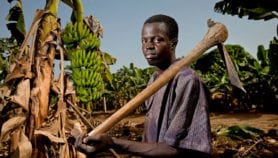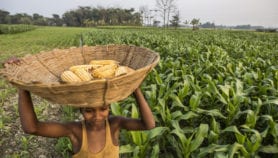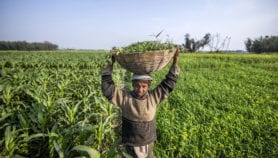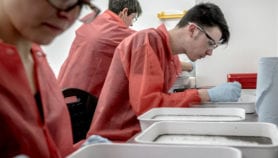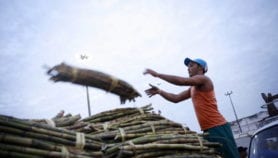By: Deodatus Balile
Send to a friend
The details you provide on this page will not be used to send unsolicited email, and will not be sold to a 3rd party. See privacy policy.
[DAR ES SALAAM] Fourteen Southern African nations have agreed common guidelines on how they should handle genetically modified (GM) organisms and the products resulting from biotechnology.
They agreed, for example, in the light of last year’s controversy over the import of food aid containing GM ingredients from the United States, to try to source food aid from within the region. Food aid containing grain or other plant material that may be genetically modified should be milled or sterilised before being distributed, they say, and food aid in transit that contains GM material should be clearly identified and labelled.
The guidelines, which were adopted last month at a meeting in Dar es Salaam, Tanzania, of the Southern Africa Development Community (SADC), cover policy and regulations on GM crops and food, as well as the handling of food aid, capacity building and public awareness.
They state that the region should develop common policy and regulatory systems based on either the Cartagena Protocol on Biosafety, which came into force yesterday, or the African Model Law on Biosafety.
The latter, which was endorsed at last month’s meeting of the African Union in Maputo, Mozambique, is more comprehensive in its scope than the Cartagena protocol. For example, it requires countries to seek permission from importing countries before exporting any GM product, including processed food, animal feed and medicines.
The heads of SADC member states also agreed to develop national biotechnology policies and strategies, and to increase their efforts to establish national biosafety regulatory systems. Member states were also urged to sign and ratify the Cartagena protocol, and to commission studies on the implications of biotechnology for agriculture, environment, health and social-economics.
The guidelines say that SADC nations should allocate resources for capacity building in the management of biotechnology and biosafety. They also encourage member states to develop public awareness on biosafety and biotechnology.
The guidelines are based on the recommendations of a group of about 20 scientists who were sent on a fact-finding mission to the United States and Europe earlier this year (see South African nations get green light on GM).
The 14 SADC member states are Angola, Botswana, Democratic Republic of Congo, Lesotho, Malawi, Mauritius, Mozambique, Namibia, Seychelles, South Africa, Swaziland, Tanzania, Zambia and Zimbabwe.






